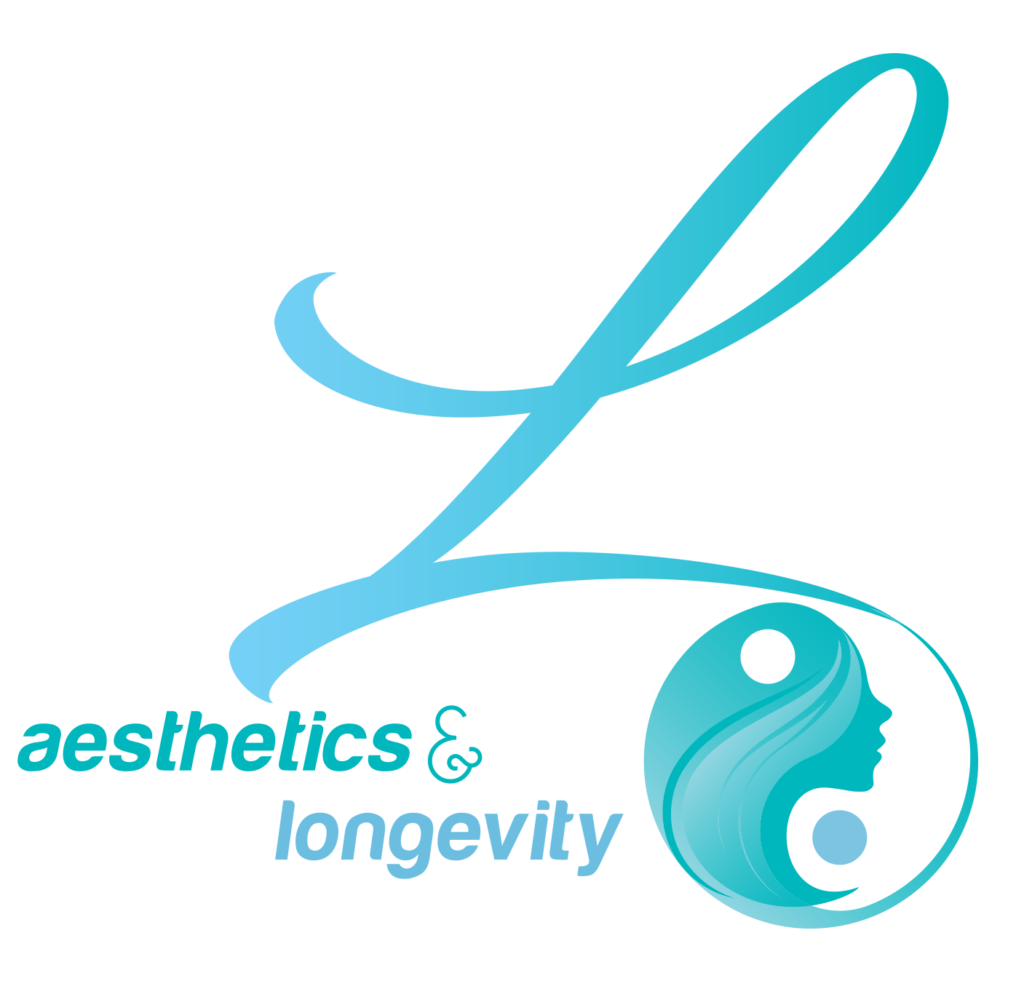Feeling tired, irritable, and lacking sex drive? Having low testosterone could be the cause. But, why hasn’t your provider suggested getting these levels checked or undergoing testosterone replacement therapy (TRT)? There are a lot of myths about testosterone replacement therapy in women driven by flawed studies and stereotypes of male testosterone replacement therapy. Let’s get into the Top 3 Myths that you may have heard of, and let’s debunk them!
1. Testosterone is a male hormone.
– False. Testosterone is absolutely a female hormone too! Testosterone is an androgen, and androgen receptors are encoded by the AR gene located on the X chromosome! Women have two X chromosomes, whereas men only have one. Also, testosterone is the most abundant sex hormone in the female body! Testosterone is produced 3-4 times more than estrogen every day in women.
2. Testosterone’s only role in women is to increase sex drive and libido.
– Nope. Although having optimal levels of testosterone does help to restore these aspects in womens’ lives, this is not its only function. Having adequate levels of testosterone can help a woman if she is experiencing depression, mood swings, weight gain, joint pain, brain fog, insomnia, and mood swings. You may classically think of these symptoms as being caused by low estrogen levels, which is also true, but one must understand that testosterone can aromatize in the peripheral tissues to estrogen, so testosterone can potentially take care of both deficiencies and should be the first hormone replaced in women.
3. Testosterone masculinizes females.
– Wrong. Many women are afraid that they will develop a deep voice, enlarged clitoris, male pattern baldness, and become aggressive like the Hulk. This will only happen if a woman receives 30 times the testosterone dosage that is normally used for replacement. Also, these types of symptoms can be caused by anabolic steroid use, which are non-aromatizable and more detrimental to the body.
I hope this has given you some insight into the myths of TRT for women. Testosterone is a hormone that can not only help with the symptoms discussed above, but can also help prevent the most common diseases and illnesses in our country, such as Alzheimer’s disease, cardiovascular disease, and osteoporosis, to name a few. Please do not hesitate to contact our office for a consultation with one of our medical providers if you feel you are experiencing these symptoms or are just curious to see your levels. We’d love to help!
